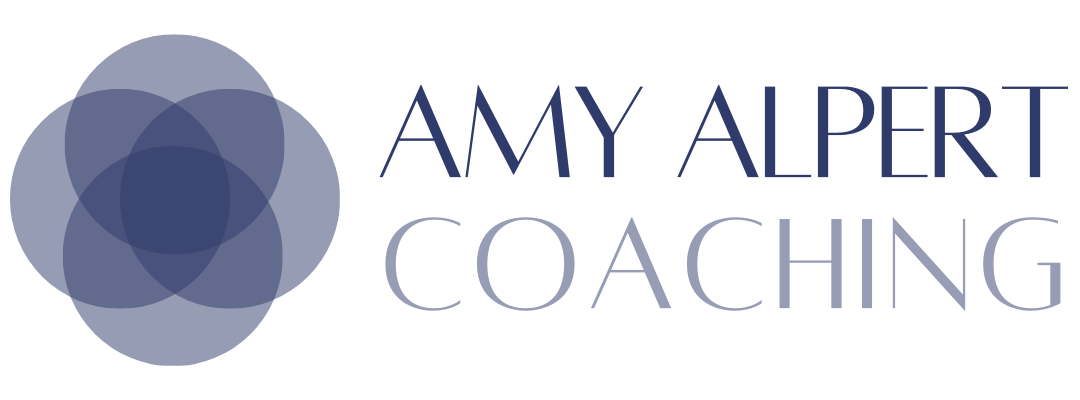Body Image: Let’s Change the Conversation
How many times have you said or heard the following: “You look great! Have you lost weight?” Over my 45 years I have said and heard the following way more times than I can count. I have translated that sentence like this: You have lost weight -> you look great->you are happy. In other words you are thin=you are happy.
My junior year of college I had lost a bunch of weight. Other students loved to bask in the glow of my thinness and they would ask me “How did you do it?” and then they would listen attentively like I was the Dalai Lama. In my typical candidness I would answer, “I didn’t eat”. I did not say it with pride, I simply told the truth. And everyone would just nod in sad recognition. We were all enslaved to the thin ideal.
This past year in an effort to lose 10 pounds I had recently gained, I pulled out my back twice doing exercise that was not healthy for my body. I teach yoga and tell my students every class to listen to their body. Yet it is the hardest lesson I have had for myself.
So why, even though I have so much evidence to the contrary do I still have this thin=happy mindset? What do I need to do to move on?
Losing weight has become such a “should” in my life that my brain has created a huge neural pathway around that. Beauty in general is seen as an achievement; something you attain. Like most women, my relationship with weight and body image and beauty is so heavy, so loaded and so full of suffering.
I participated in a 10 month Certificate in Positive Psychology program, and I just returned home from a weeklong immersion with the other 150 participants. Many brilliant people spoke. The stories that were shared were incredibly powerful and I have never felt so much truth and love in one place. Interestingly, the two stories that had the most profound impact on me highlighted the issue of weight.
One woman had made a promise to herself and out loud to the group 10 months ago that she would come back much thinner. I remember my heart breaking at the time as the entire room erupted in applause for her. Yes, Positive Psychology embraces the mind/body connection and the importance of taking care of our body, but once again even in this safe space losing weight was considered a virtue. The woman came back this time and announced her “failure” to lose the weight. However, thankfully, her best friend reminded her of her magnificence and she decided she was going to focus on that beauty instead. Yes!
Another woman presented the poetry she wrote throughout the year. She said, I may never feel thin and beautiful, but I can create my own form of beauty through poetry. A truth was revealed to me. We can interpret our own beauty through kindness, authenticity, truth and courage.
In my Positive Psychology program we learned about Deceptive Brain Messages or (DBMs). Jeffrey Schwartz, MD & Rebecca Gladding, MD, outline the idea of DBMs in their book You Are Not Your Brain. DBMs are messages our brain tells us that are inaccurate but that we have been telling ourselves so many times we believe them. For instance you might say that you are not smart, unworthy of love, or not good enough at your job. Perhaps you were told these messages by others and then took them on as your own or you created these ideas from the media. Whatever the source, Schwartz has recommendations about how to alter these messages. Based on the most up to date brain research, we are learning that we can change our brain. Thinking new thoughts can create new neural pathways. Incredibly, we can change our brain throughout our life, not just during our childhood.
I simply need to change my thinking around my weight and beauty to create new neural pathways. This is my new challenge. Because the thing is, I am happy. The main thing that brings me down is when I start to focus on weight and external beauty. So now, when I think about my weight I am going to focus on my truth and authenticity. When I think about external beauty I am going to create new thoughts around my kindness and compassion. I am going to reshape my brain to be an empowering machine where health and happiness are defined by me.
I ask you. If you see me, please do not look me up and down and remark on my weight. Instead, you can learn about my happiness by a more accurate investigation. Ask me what book I am reading now and watch me light up with excitement. Ask me how my family is doing and I will share our challenges and successes. Ask me about what I do for fun, or about my career. Connect with me in an authentic and honest way and that will bring us both happiness.

